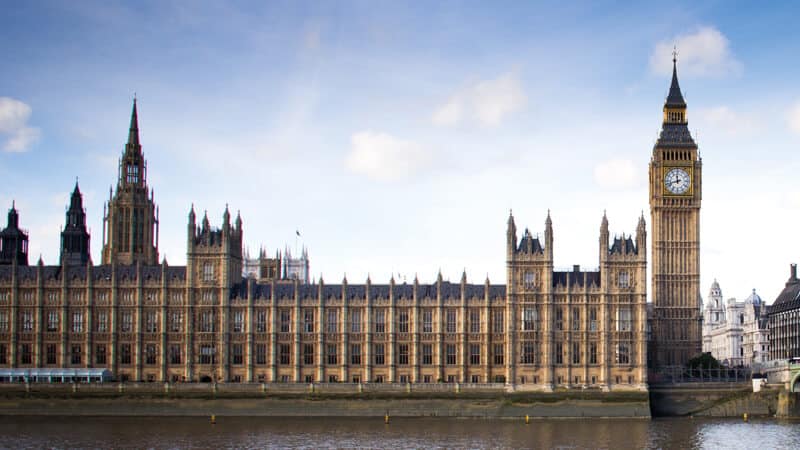Dozens more Peers have blasted Kim Leadbeater’s assisted suicide Bill as opposition to the legislation grows.
During the House of Lords’ final day of Second Reading, a clear majority of Peers speaking warned that the Terminally Ill Adults (End of Life) Bill endangers swathes of people, from the disabled to young people struggling with mental health issues.
Under the proposals, patients deemed to be terminally ill and with less than six months to live would be allowed to receive help to kill themselves. The Bill will now proceed to a Select Committee, where a small number of Peers will hear evidence from professional bodies and Government ministers until 7 November.
‘Suicide influencer’
Baroness Fox of Buckley stated: “The Bill unsettles centuries old medical ethics. It rebrands assisting someone to die as a medical treatment, upending its understood meaning.
“The Bill rewrites the role of doctors, they will no longer be guided by the ‘do no harm’ ethos of preserving and protecting life, and instead the Bill mandates that they actively engage in taking a patient’s life by supplying lethal drugs that will kill them.”
She said that her “greatest dread is that this state-licensing of suicide could unleash a regressive culture change”, where the legislation becomes an “embodiment of a suicide influencer” to young people.
Eating disorders
Lord Shinkwin, who was given six months to live 20 years ago, reflected that the legislation “effectively puts a price on my head”.
He noted that other examples of assisted suicide “clearly show the turn of events that this Bill would set off, not just for disabled people, but older people, young people with mental health issues and young women with eating disorders. It is the stuff of nightmares”.
The Peer added: “I wonder if we have any idea of the Pandora’s Box this Bill would prise open”.
‘Utilitarian society’
Lord Frost warned that the Bill is seeking to dismantle “Judeo-Christian” values by “allowing the state to engage in killing innocent people at their request.
“But, my Lords, once we have dismantled one part of that system because we think we know best, what then is the status of the rest of that moral and ethical system? Once you’ve introduced utilitarianism into our society’s decisions where do you stop? The ultimate destination of this journey is a utilitarian society with a utilitarian government”.
Palliative care specialist Baroness Finlay of Llandaff also highlighted that the Bill “does nothing for the over half a million people dying each year on whom it will have a profound impact, many with needs not addressed but wanting to live better right to the end of their lives.
“They are unheard, already often made to feel a burden, fear being persuaded to take lethal drugs, and they face their local services further eroded to fund the assisted death service. It is unethical for us to pass poor legislation for a state-provided NHS assisted death service while leaving the care of half a million dying people to be patchy”.
Lethal drugs
Last week, the House of Lords’ Constitution Committee warned that the Bill gives so much power to ministers that the delegated powers are “broadly framed and lack detail”.
The Committee highlighted that since a Private Member’s Bill receives “significantly less” assessment than a Government Bill, “close and detailed scrutiny by both Houses is particularly important” and there is “no reason for the usual scrutiny role of the House to be constrained”.
The Delegated Powers and Regulatory Reform Committee called for the Bill to include a “definitive list of substances to be used in the life-ending process”, so that Parliament could consider any potential side-effects and the ability to reverse an attempted assisted suicide.
‘Suicide is wrong and so is this Bill’: Peers decry assisted suicide in first debate


